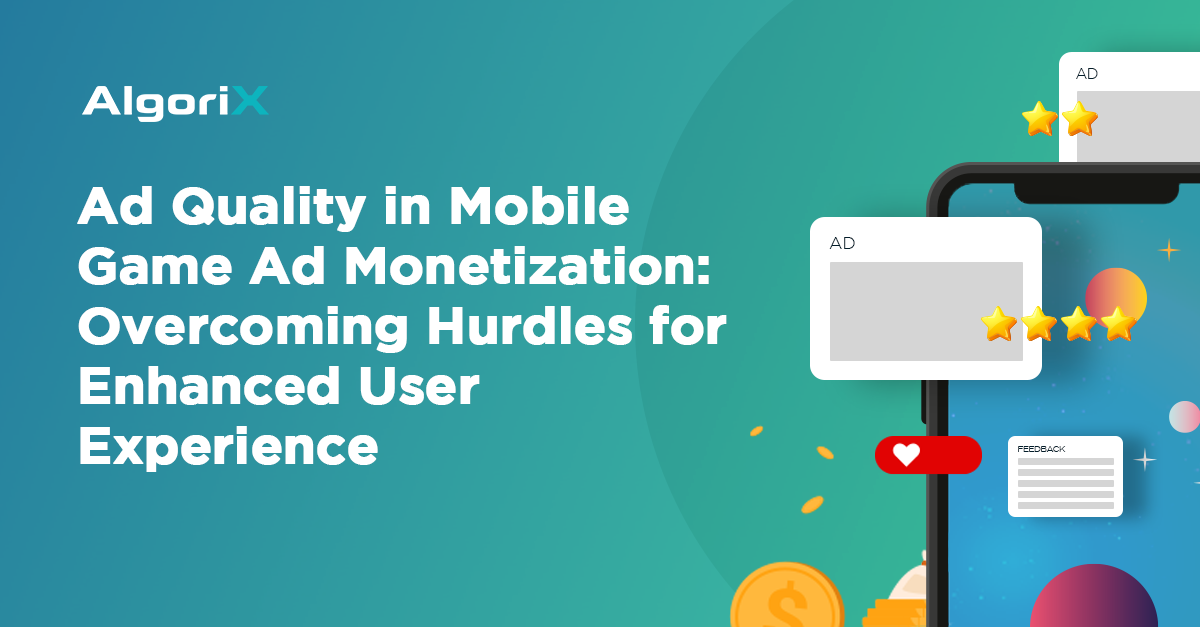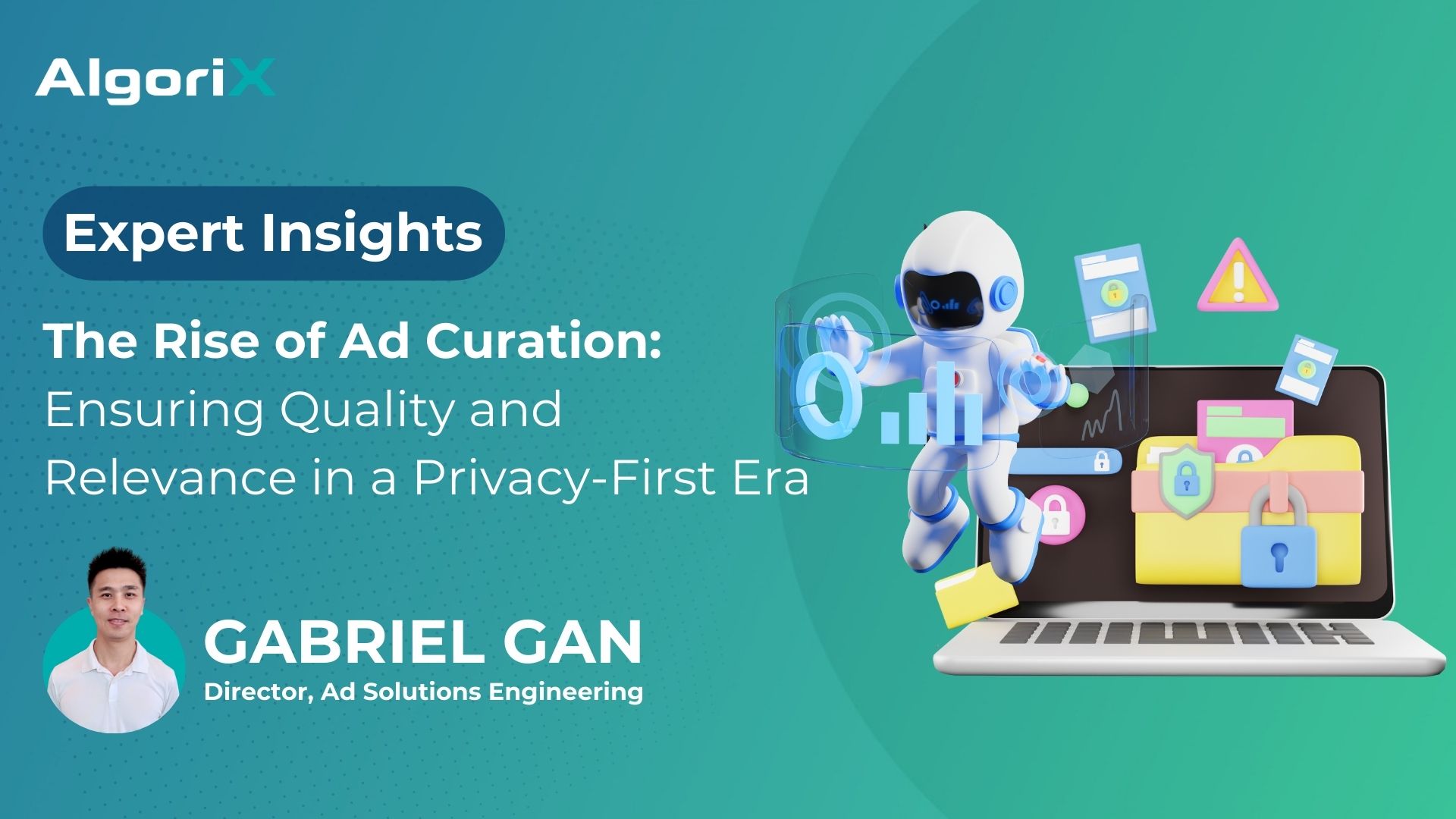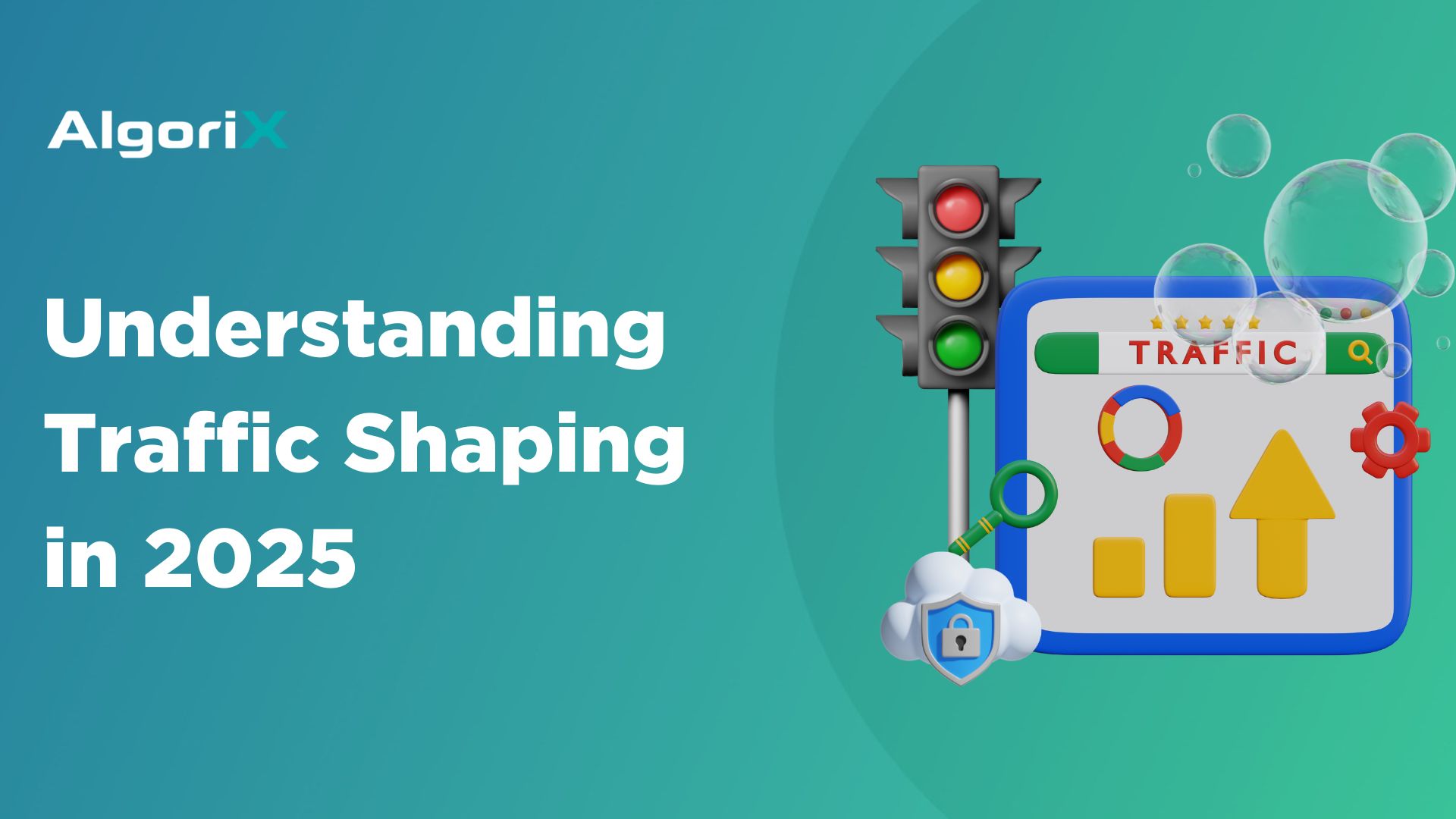If you’re online most of the time, you’ll notice how big the mobile gaming industry has become. It has captivated millions of users worldwide. And most of these stem from the immersive and entertaining experiences it can give players. With the way things are looking, this popularity will continue to skyrocket.
What better way for developers and publishers to seize this opportunity? They have to think of ways to address the ongoing challenge of monetizing their creations effectively. Of course, monetization isn’t the only thing they should have in mind. They have to achieve this while maintaining a seamless user experience. This delicate balance hinges on the quality of ads integrated into these games. They can either enhance or hinder the overall gameplay and engagement.
Common Ad Quality Challenges in Mobile Game Monetization
What are the different factors that affect ad quality? Here are some of them.
Disruptive Ad Formats
Mobile games often encounter intrusive ad formats that disrupt gameplay and hinder the user experience. Interstitials that interrupt gameplay or unskippable videos can frustrate players, leading to a decline in user engagement and retention. Balancing ad visibility while maintaining a seamless gaming experience is crucial.
Ad Latency and Slow Loading Times
Ad latency and slow loading times can negatively impact the gaming experience. Players can either abandon the game or even uninstall it completely. Ads that significantly delay game loading or exhibit poor responsiveness can discourage users from continuing their gameplay sessions.
Ad Fraud and Brand Safety
The magnitude of ad fraud is incredibly extensive. Based on statistics from the Association of National Advertisers, the financial impact of digital ad fraud amounts to a staggering $120 billion per year. Alternative estimates project slightly lower figures, predicting that ad fraud expenses will reach $100 billion annually by 2023. The digital advertising sector is losing a substantial amount of money. This highlights the urgent need for immediate action to address this pressing issue.
Ad fraud poses significant mobile game ad monetization risks, impacting users and advertisers. Advertisements that contain malicious content or mislead users can harm brand reputation and compromise user trust. Implementing ad verification tools, fraud detection mechanisms, and quality control measures is crucial to maintaining brand safety.
Lack of Relevance
Displaying irrelevant ads that do not resonate with the target audience or the game’s content can undermine ad quality. Players may perceive such ads as disruptive or intrusive, leading to disengagement.
Strategies to Enhance Ad Quality in Mobile Game Monetization
These challenges aren’t insurmountable. Some strategies can be employed to promote ad quality and enhance mobile game monetization. Here are some of them.
Advertiser Collaboration and Screening
Developers and publishers can work closely with service providers to maintain ad quality standards by establishing clear communication channels. Thoroughly screening ads before implementation helps filter out low-quality or inappropriate content.
Native Ad Integrations
Integrating native ads that blend seamlessly with the game’s interface can enhance user experience while generating revenue. Note that players are accepting of ads as a monetization experience, especially rewarded video ads, where players receive in-game rewards for watching if done right.
User Feedback and Iterative Improvements
Developers and publishers should actively encourage players to provide feedback on the ads’ relevance, intrusiveness, and overall user experience. Incorporating iterative improvements based on user feedback fosters a collaborative environment that ensures continuous enhancement of ad quality.
Work With Transparent Ad Mediation Platforms
Ad mediation platforms are critical in managing multiple ad networks and optimizing ad delivery. Leveraging ad mediation technology enables developers and publishers to maximize revenue while maintaining ad quality. Techniques like waterfall optimization, dynamic allocation, and A/B testing help identify the most effective ad formats and networks.
Work with platforms notable for their transparency in providing valuable data to developers and publishers to aid decision-making processes.
Prioritize Ad Quality in Mobile Game Monetization with AlgoriX
Ad quality is paramount in mobile game ad monetization as it directly impacts user engagement, retention, and overall revenue generation. By understanding the challenges and implementing effective strategies, developers, and publishers can provide a positive user experience while optimizing monetization potential. Balancing relevance, reducing intrusiveness, and maintaining ad performance can overcome ad quality challenges. It creates a win-win situation for users and advertisers in dynamic mobile game ad monetization.
AlgoriX developed its proprietary technology and continues to forge partnerships with industry leaders. These initiatives pave the way for better monitoring and filtering of bad ads.
Improve ad quality with AlgoriX. Connect with our experts today.













